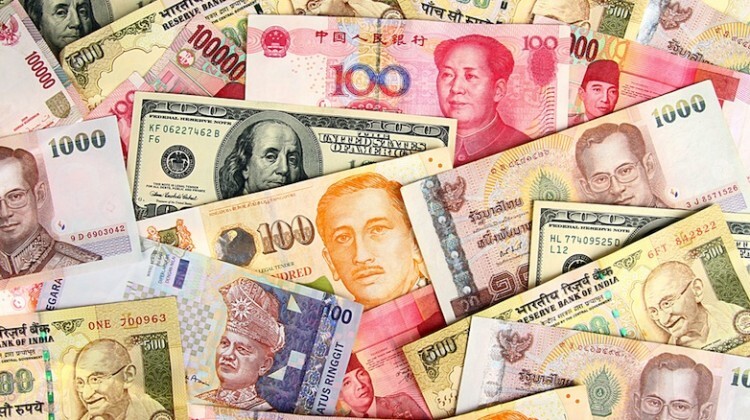this post was submitted on 22 Jul 2023
413 points (96.8% liked)
Asklemmy
44305 readers
1262 users here now
A loosely moderated place to ask open-ended questions
If your post meets the following criteria, it's welcome here!
- Open-ended question
- Not offensive: at this point, we do not have the bandwidth to moderate overtly political discussions. Assume best intent and be excellent to each other.
- Not regarding using or support for Lemmy: context, see the list of support communities and tools for finding communities below
- Not ad nauseam inducing: please make sure it is a question that would be new to most members
- An actual topic of discussion
Looking for support?
Looking for a community?
- Lemmyverse: community search
- sub.rehab: maps old subreddits to fediverse options, marks official as such
- [email protected]: a community for finding communities
~Icon~ ~by~ ~@Double_[email protected]~
founded 5 years ago
MODERATORS
you are viewing a single comment's thread
view the rest of the comments
view the rest of the comments

Even if the value of money goes up, it's by a paltry 1-2% and it still wouldn't seem to make sense to hoard rather than invest, unless I'm missing something. In what scenario would any rich person just sit on their money? Likewise, the impact of 2% deflation on a bank loan is well within the variance in rates we see today, and I imagine in such an economy the rates would be adjusted somewhat to compensate.
Simply put, the difference between an inflating vs deflating currency doesn't seem enough to drastically alter people's behavior. In the short to medium term it seems almost a non-issue, at least for regular people, and in the long term people won't get fucked out of their life savings. I imagine the vast majority of the population doesn't invest their money. Which policy would they prefer?
Tiny short term changes either way will not be enough to drastically alter people's behavior. If those changes are long term and predictable they will absolutely change people's behavior. 2% may not be much year over year, but over a 30 year mortgage you can expect to take a bath on any house you buy, even with 1% interest rate. And people, rich and poor, do horde cash when they think that returns are going to become negative. In a very mildly deflationary world this happens much more often than in an inflationary one.
Just thought you'd want to know that you probably meant "hoard" as in "accumulate (money or valued objects) and hide or store away" instead of horde, which is a crowd or equivalent.